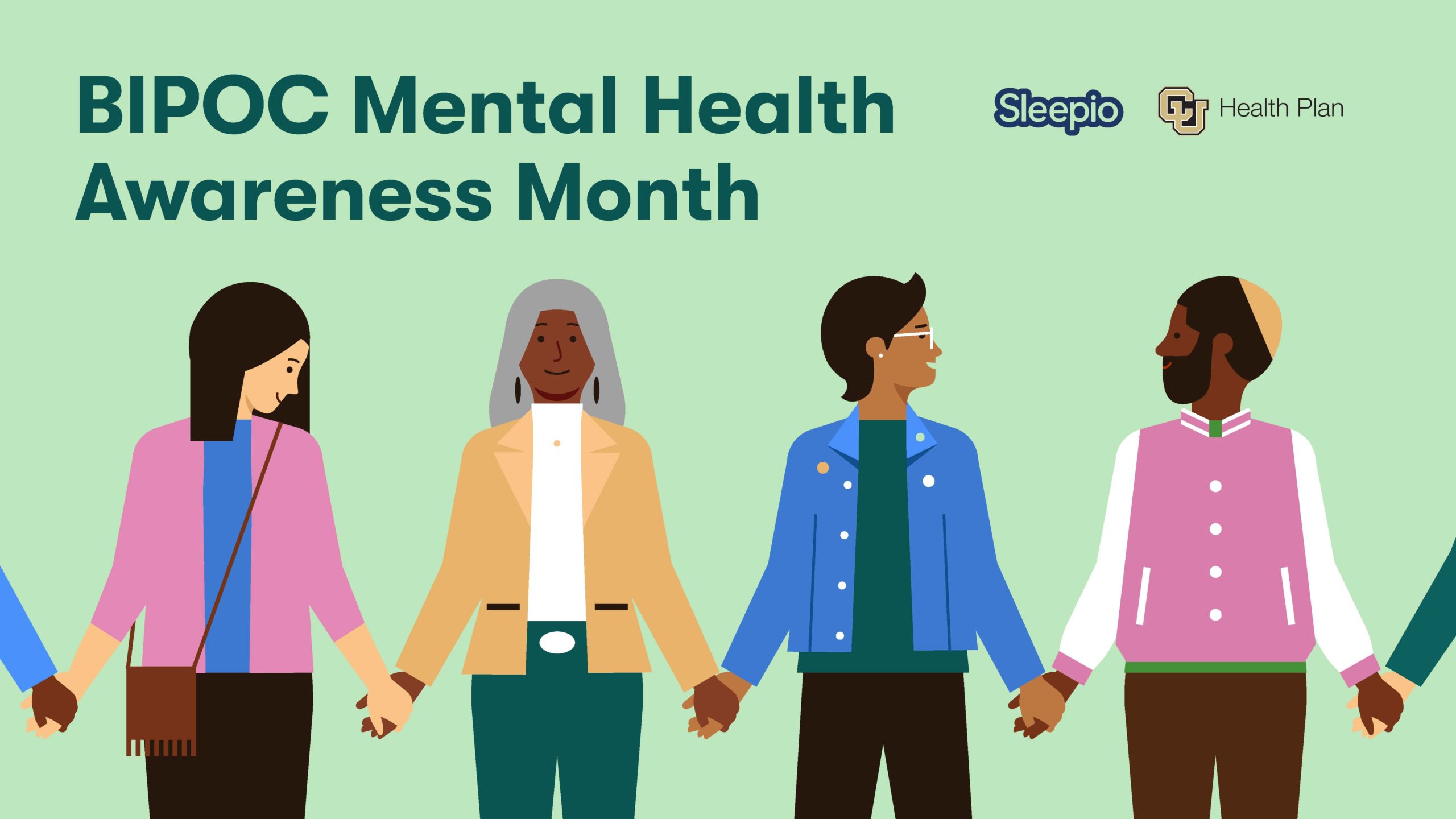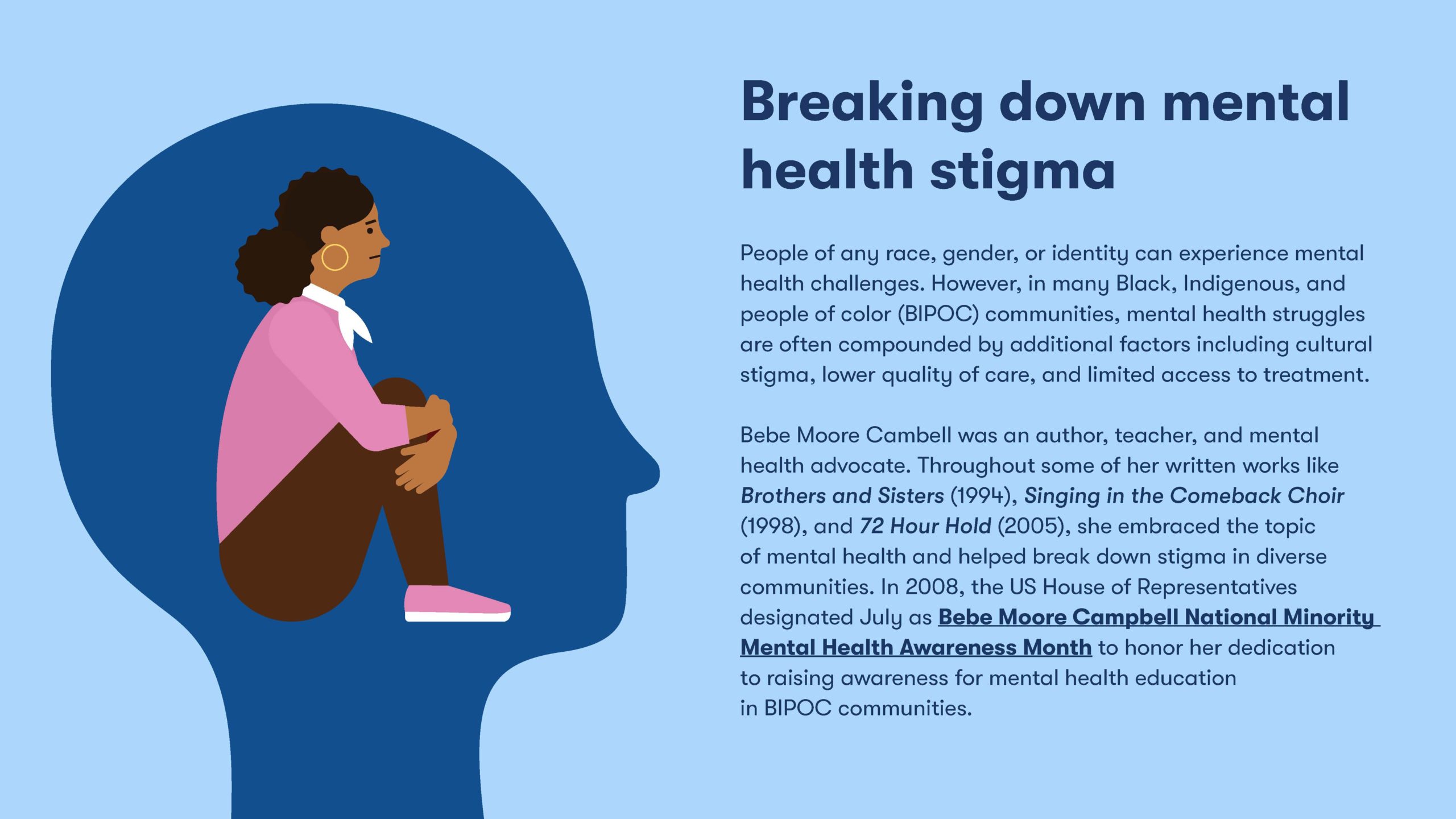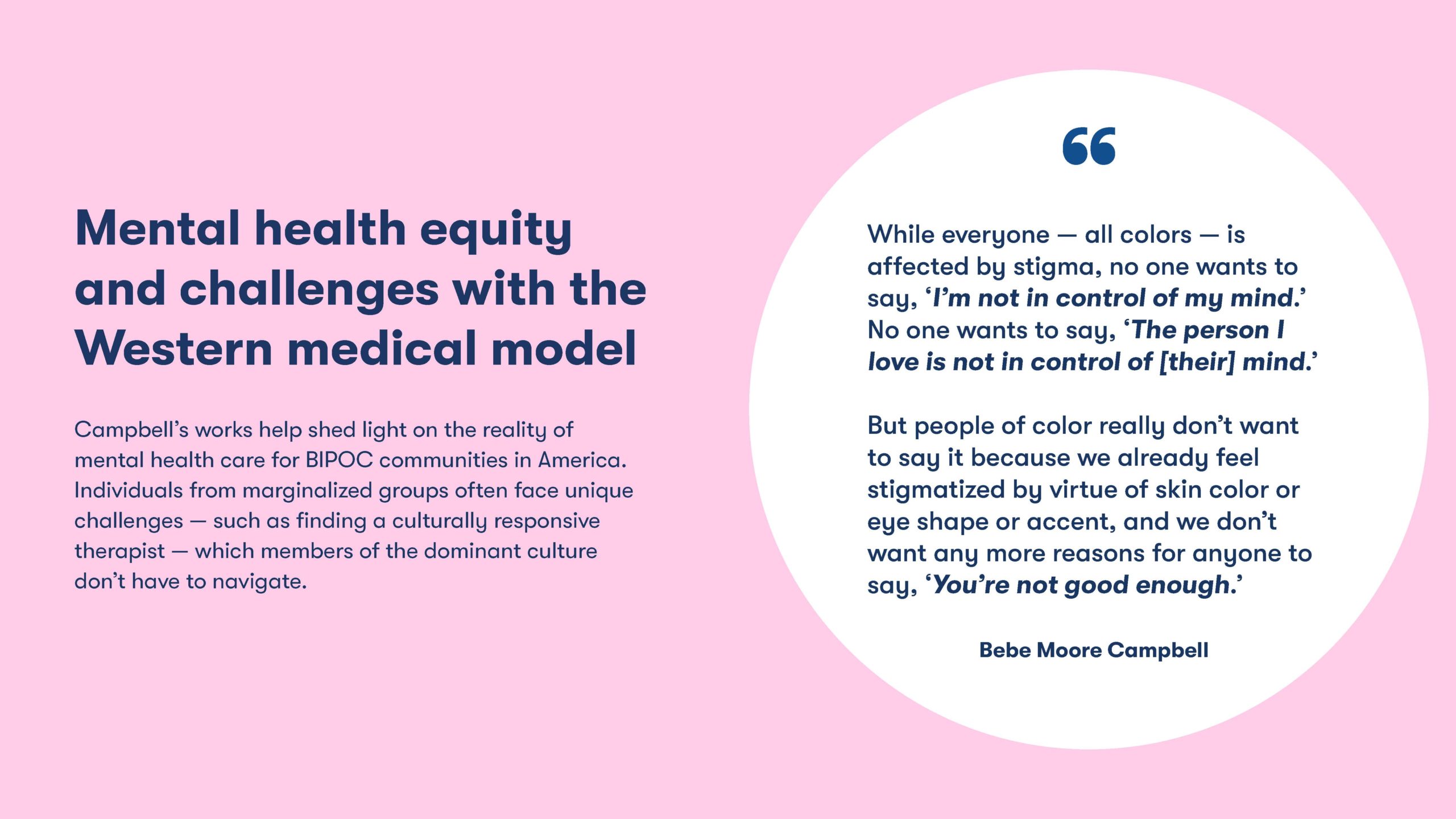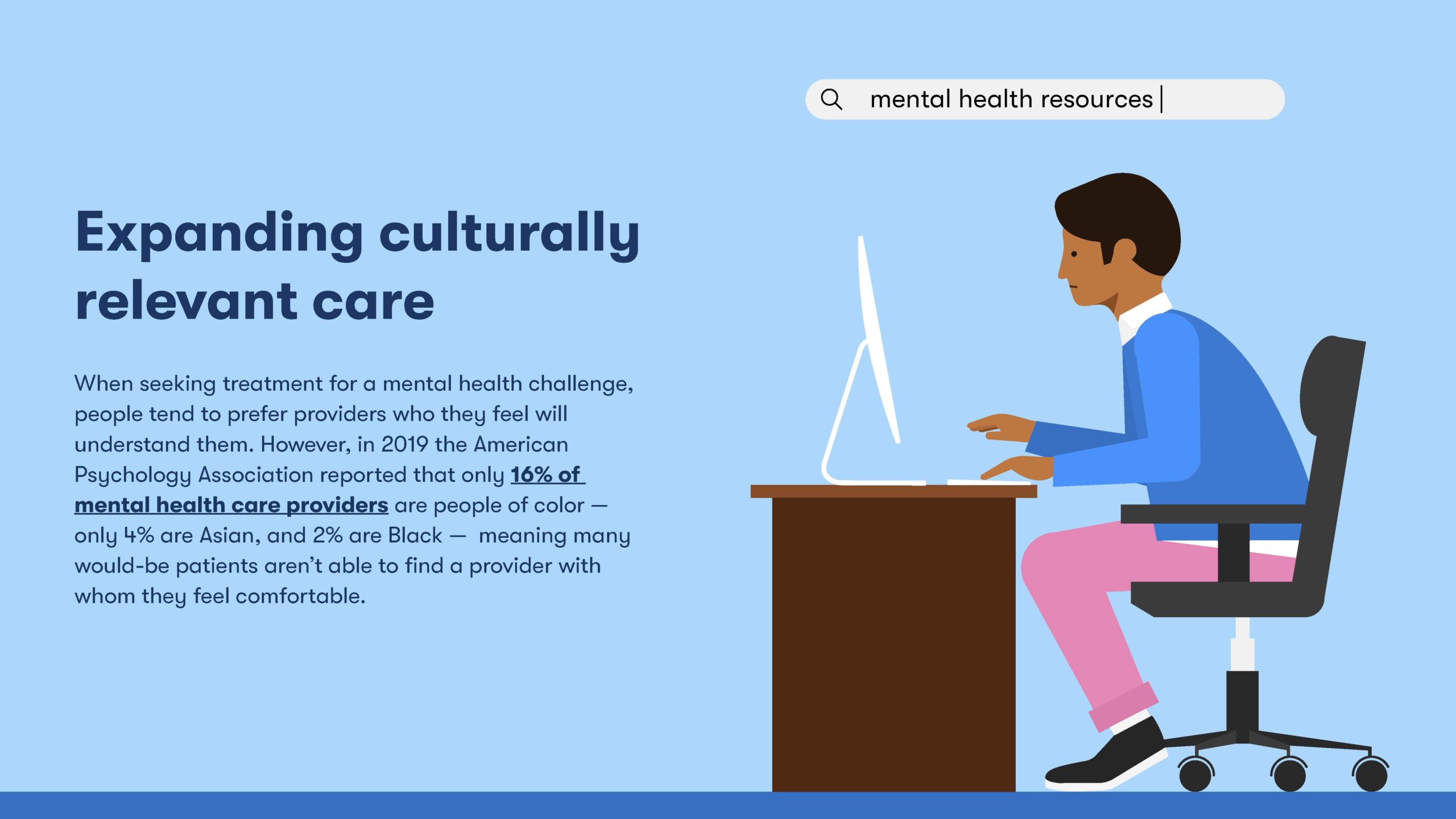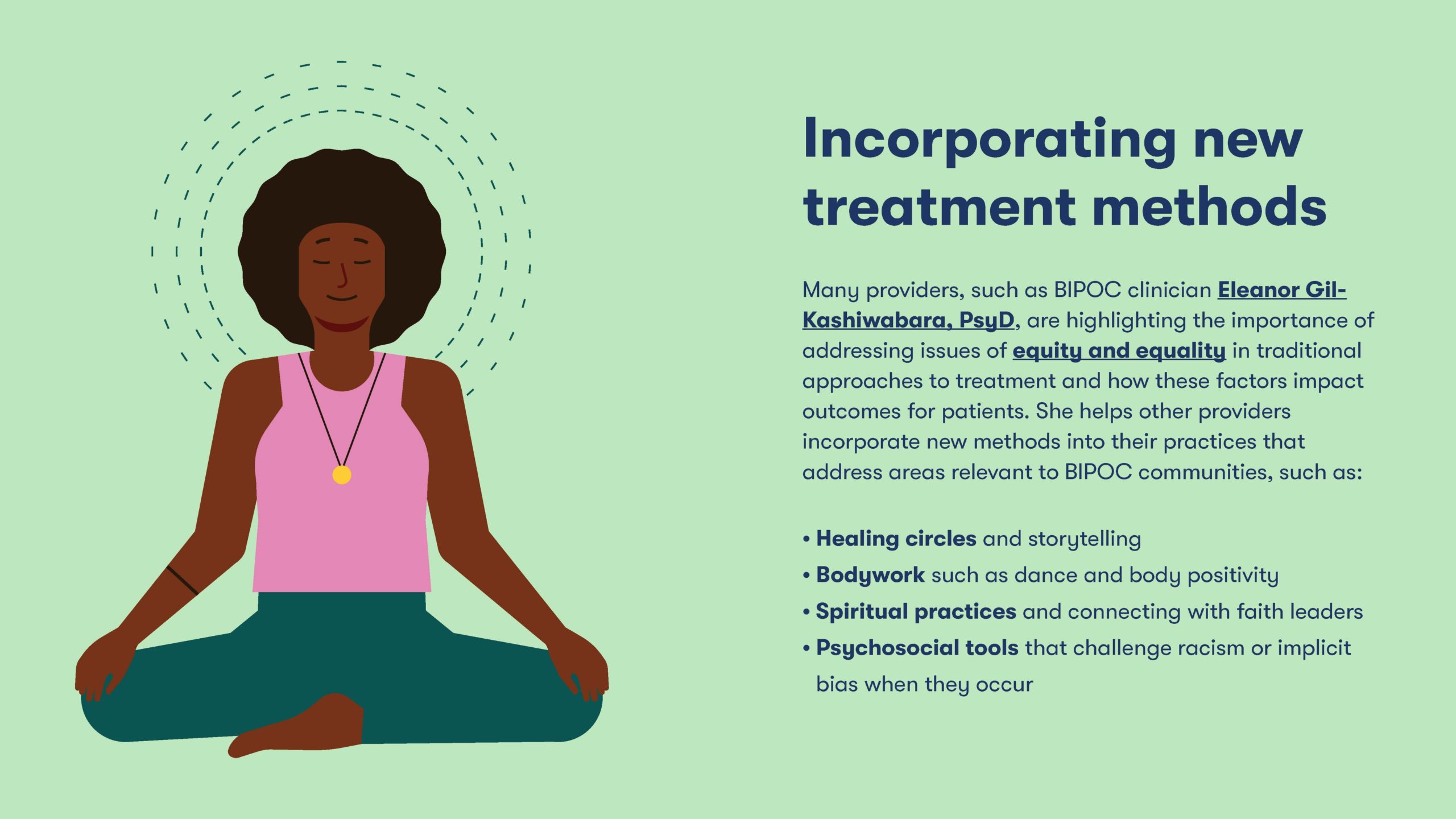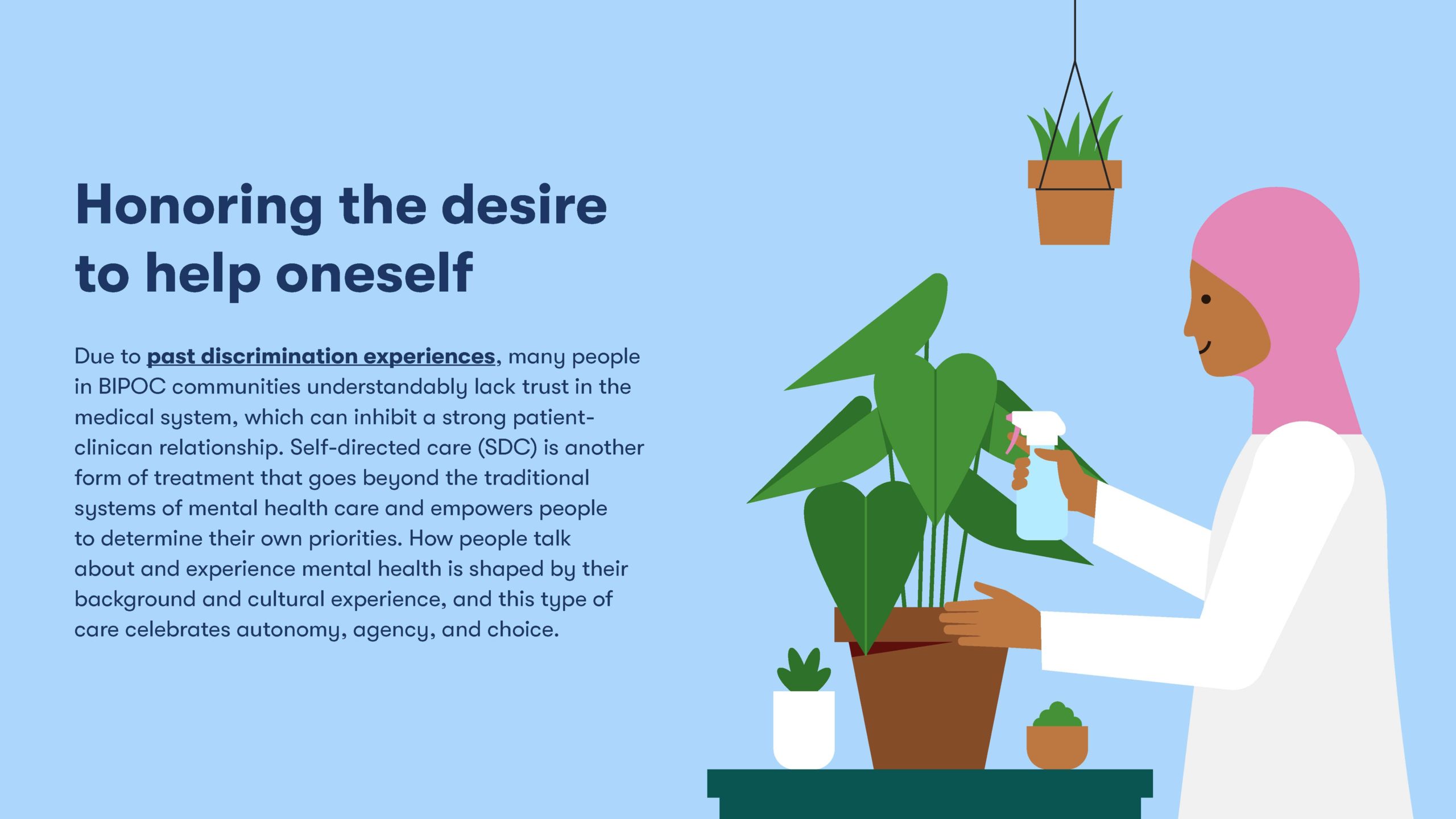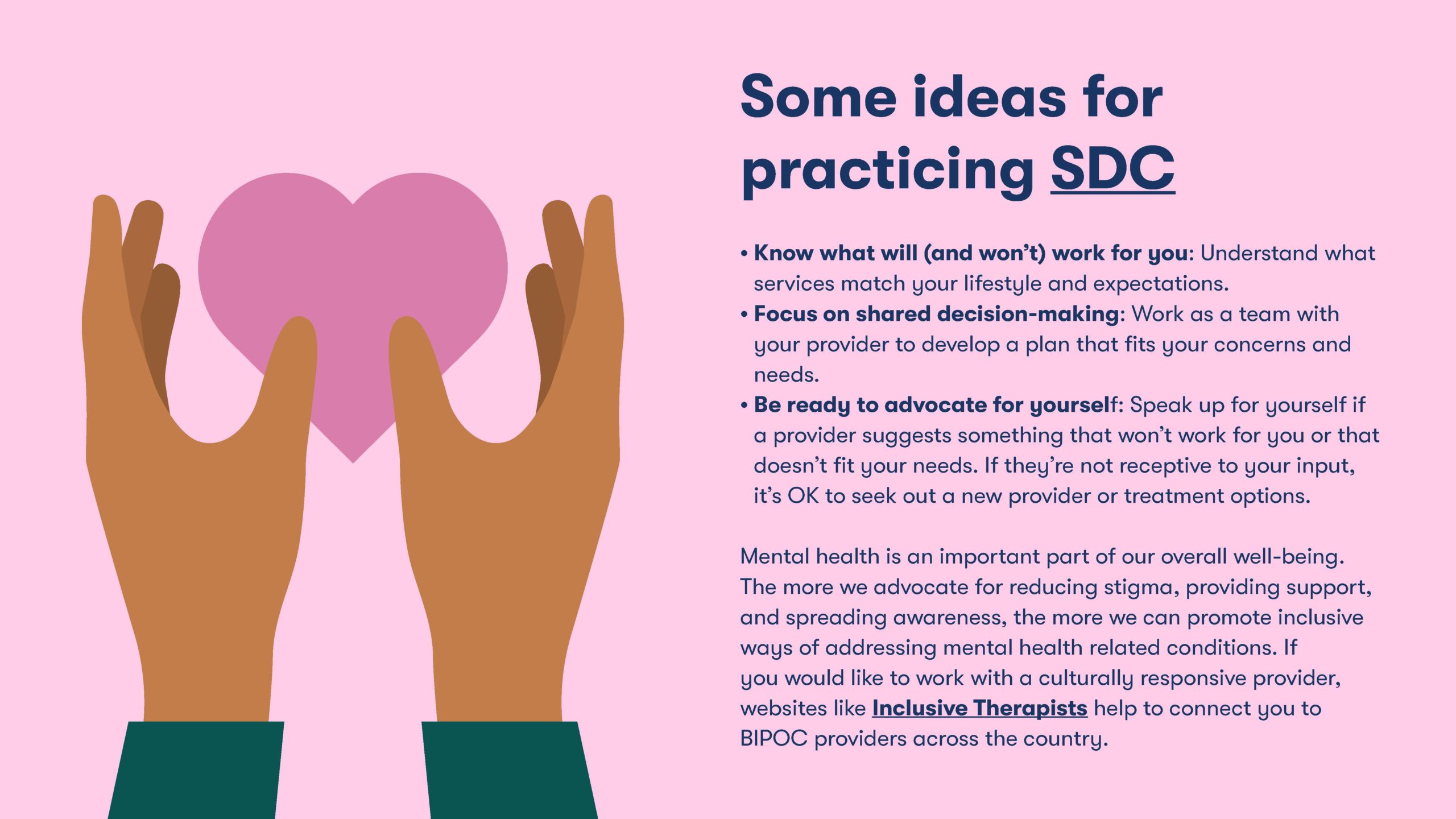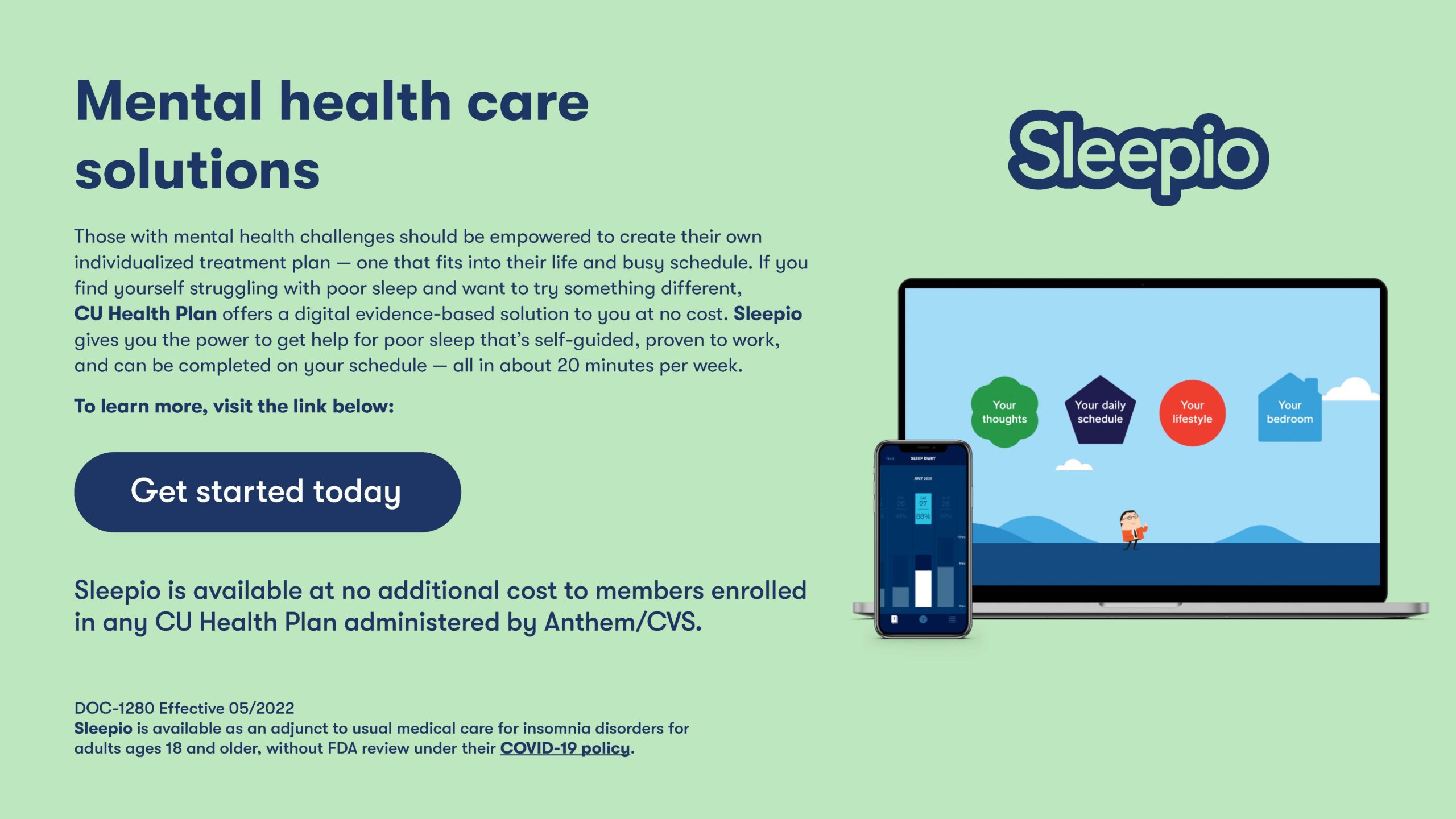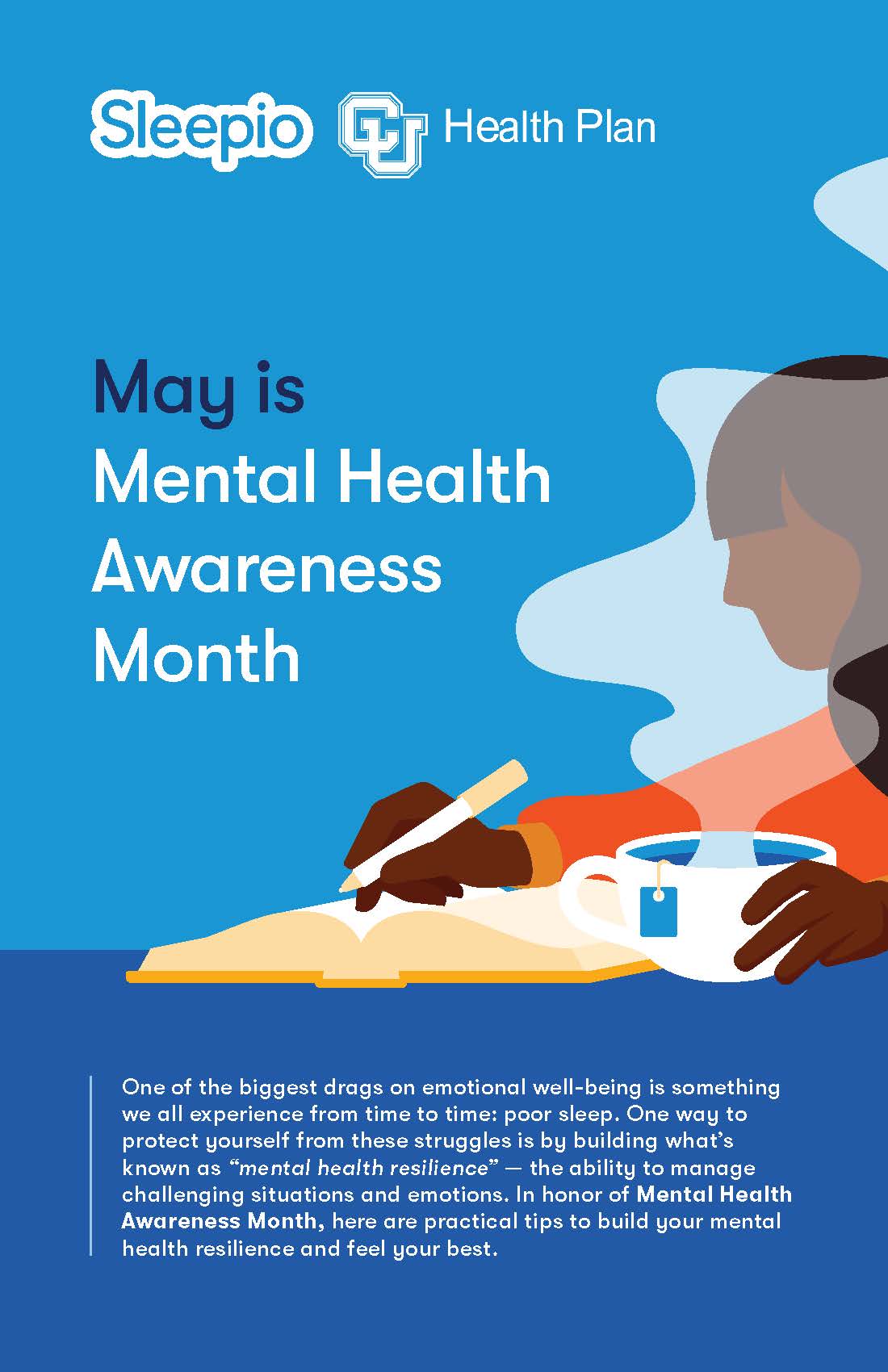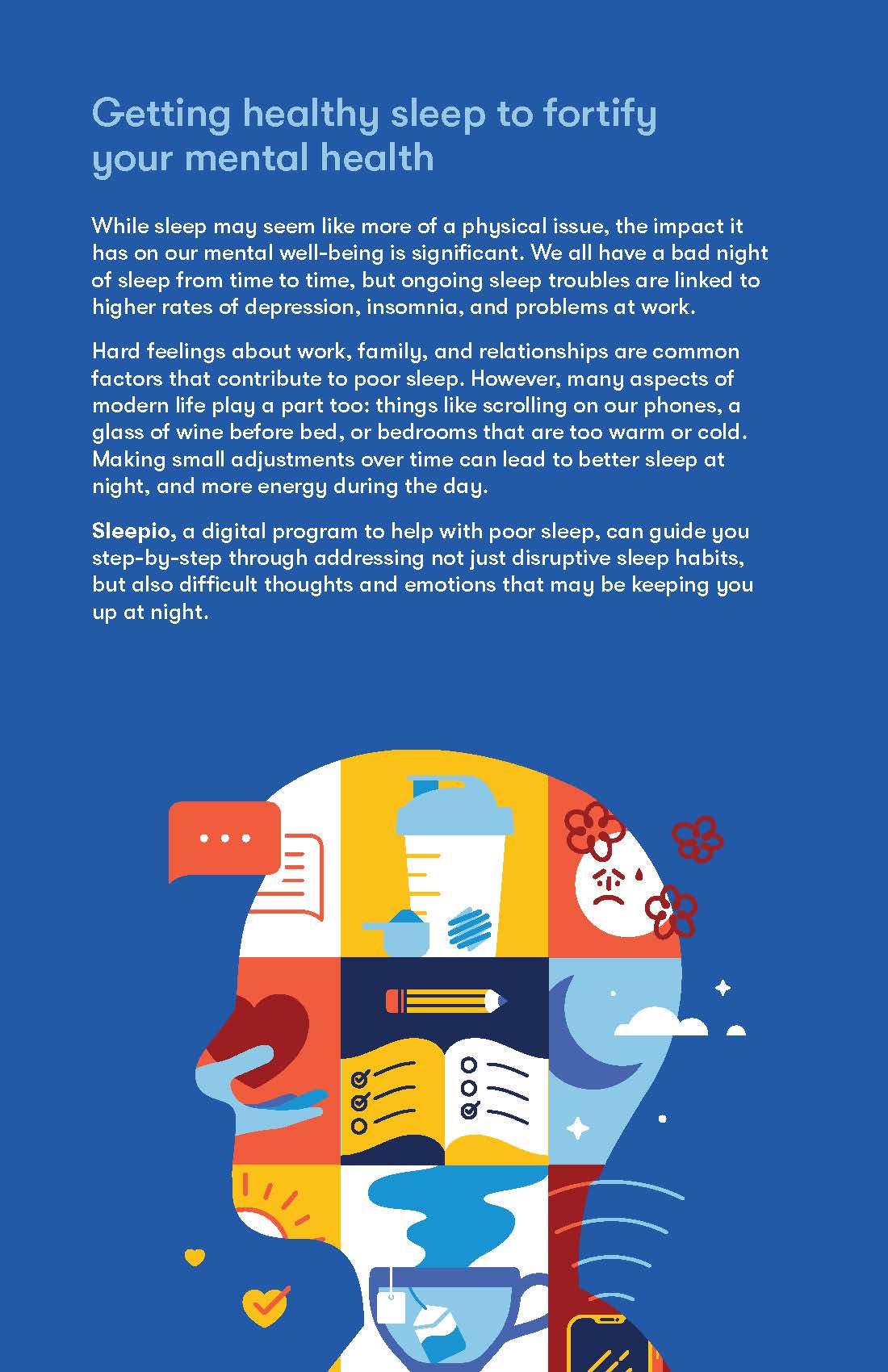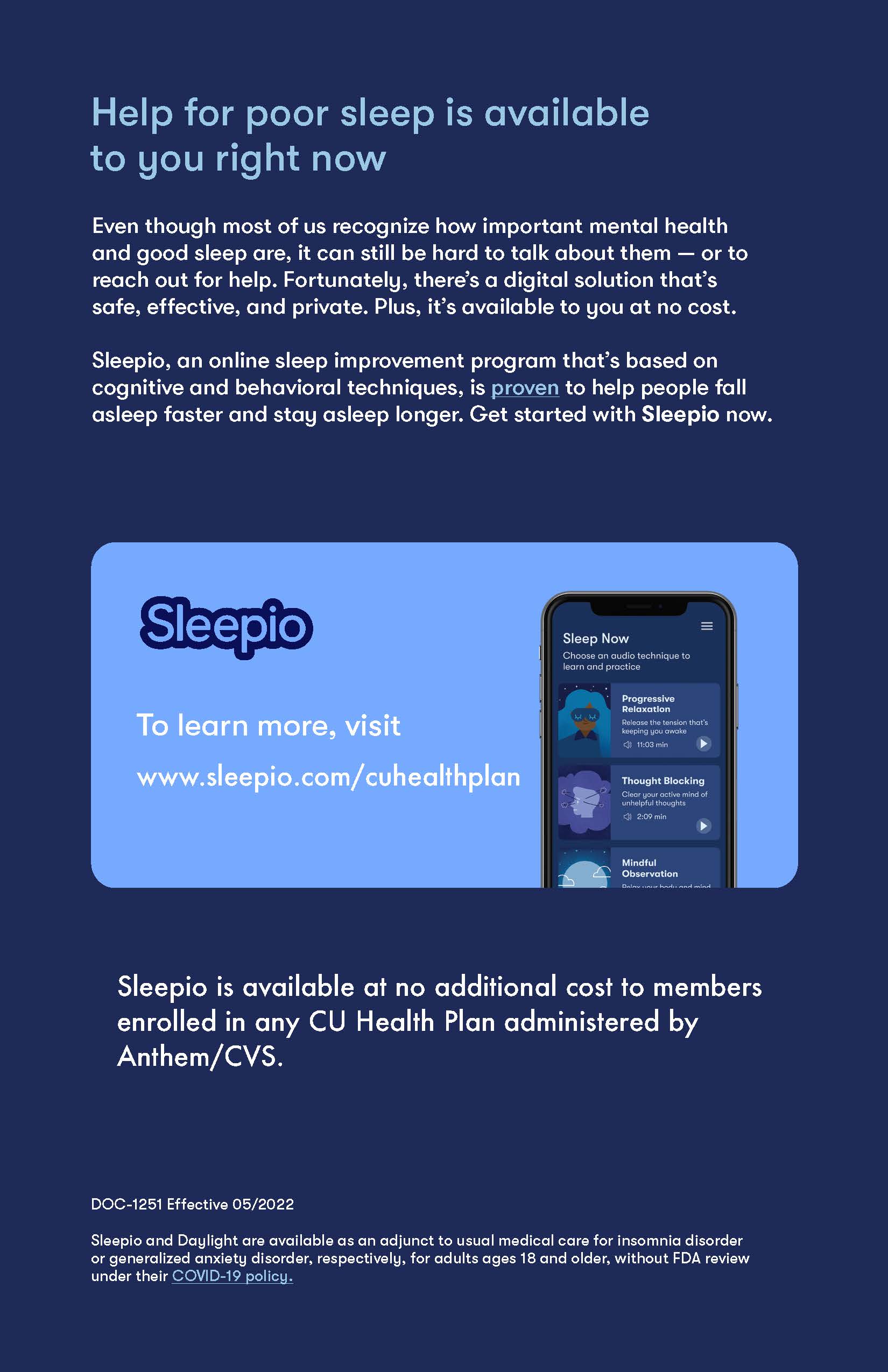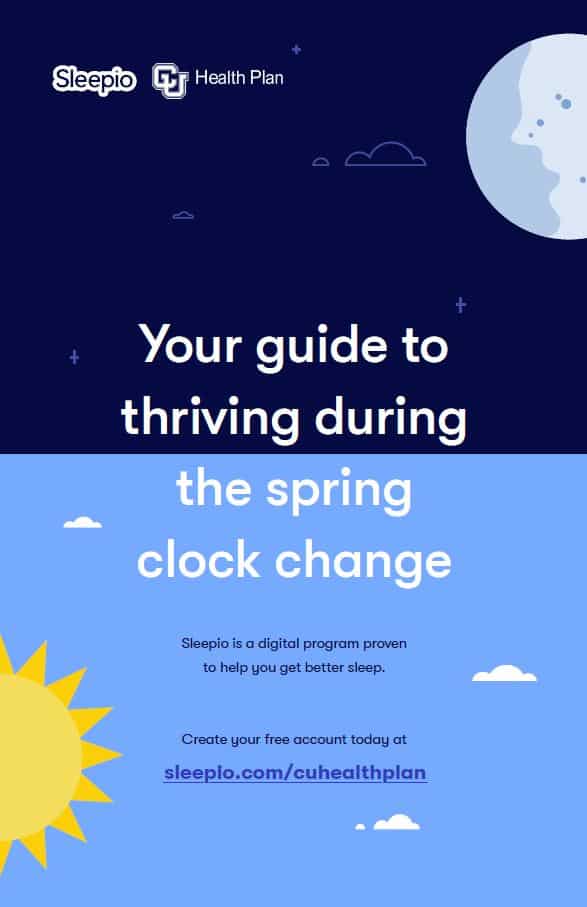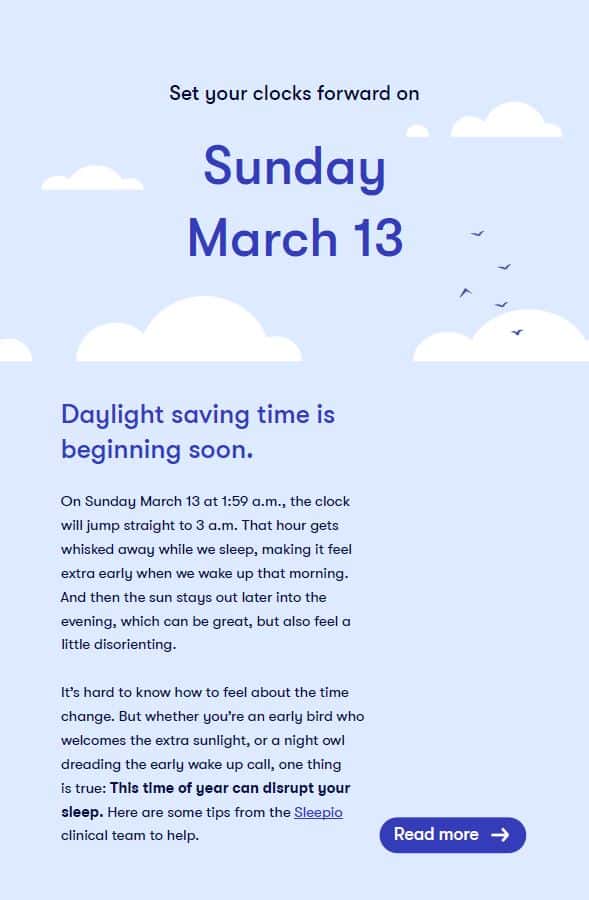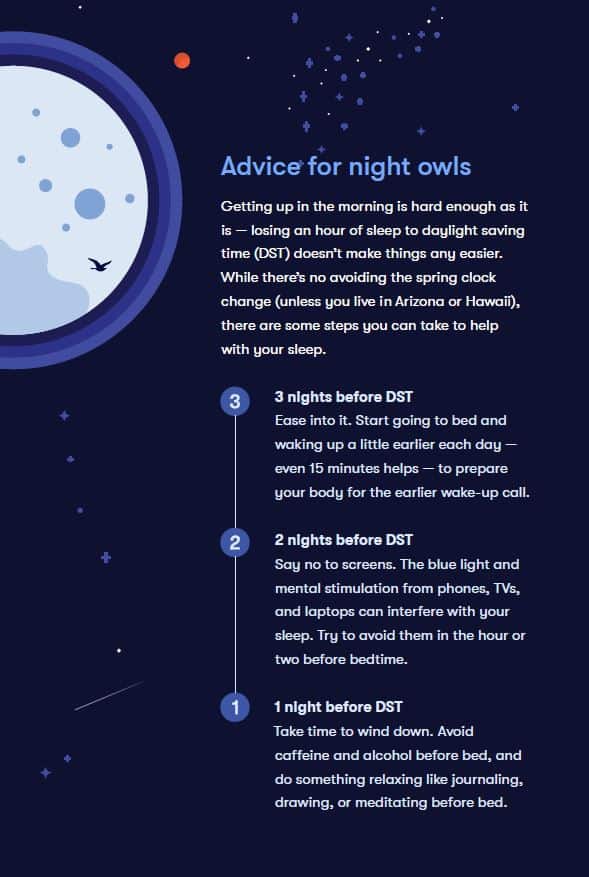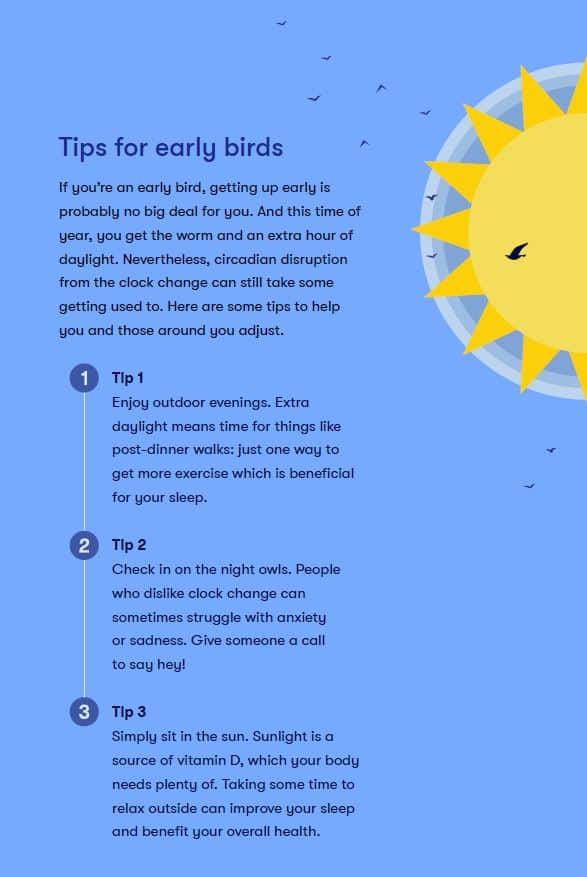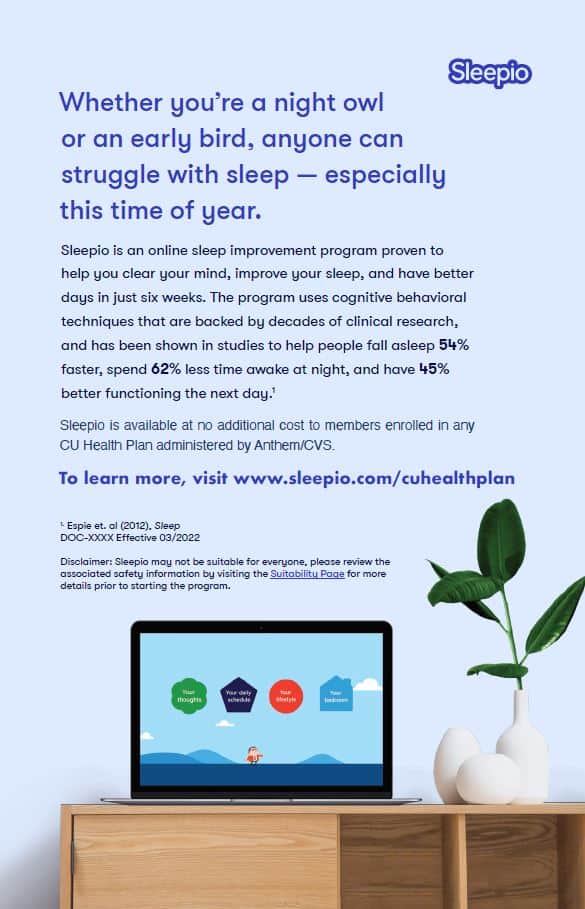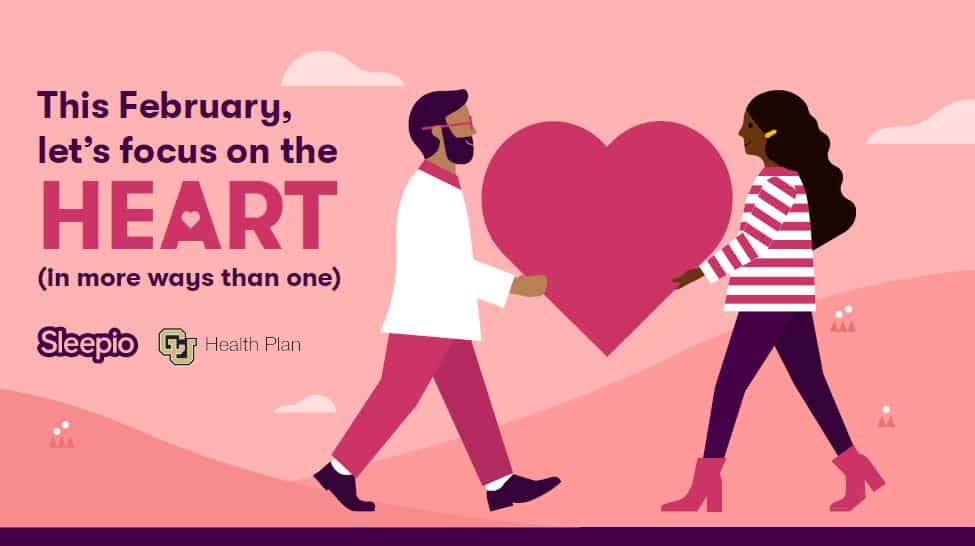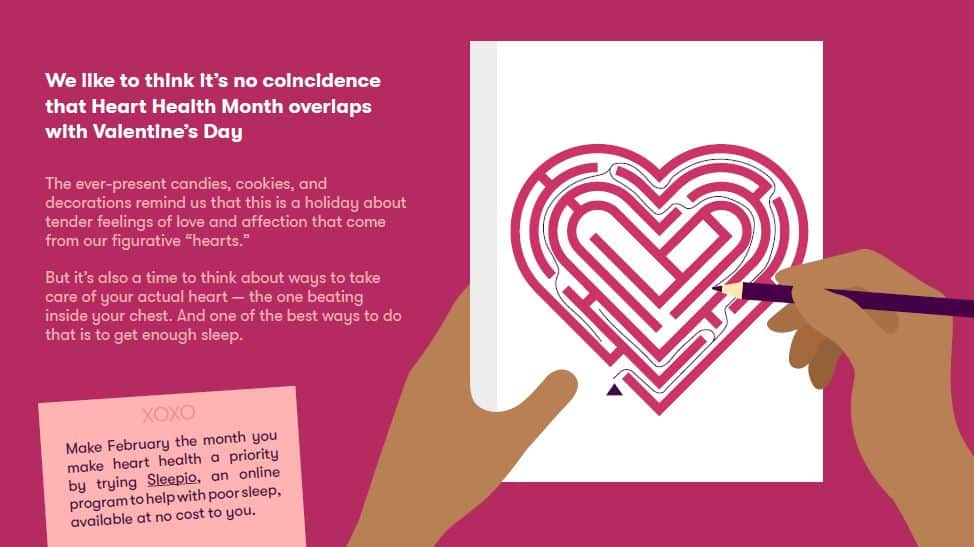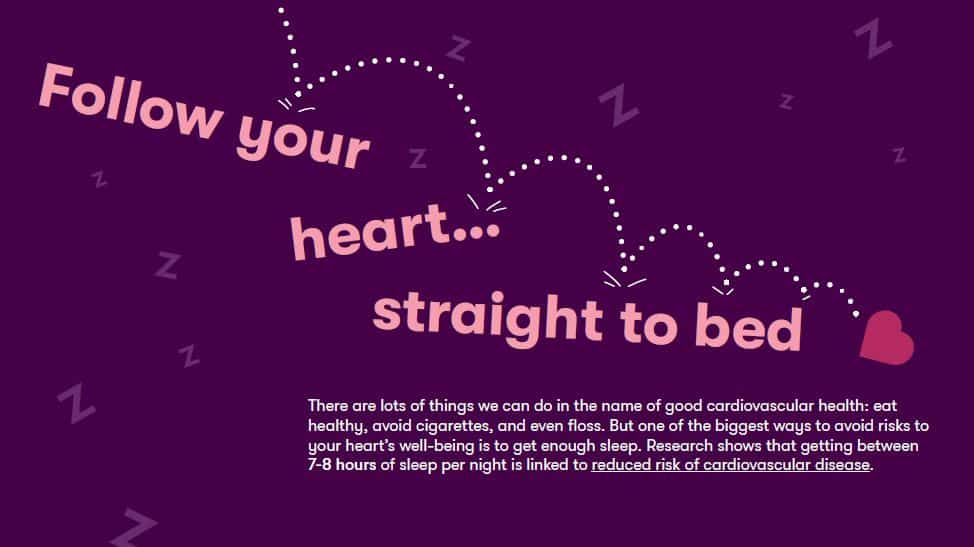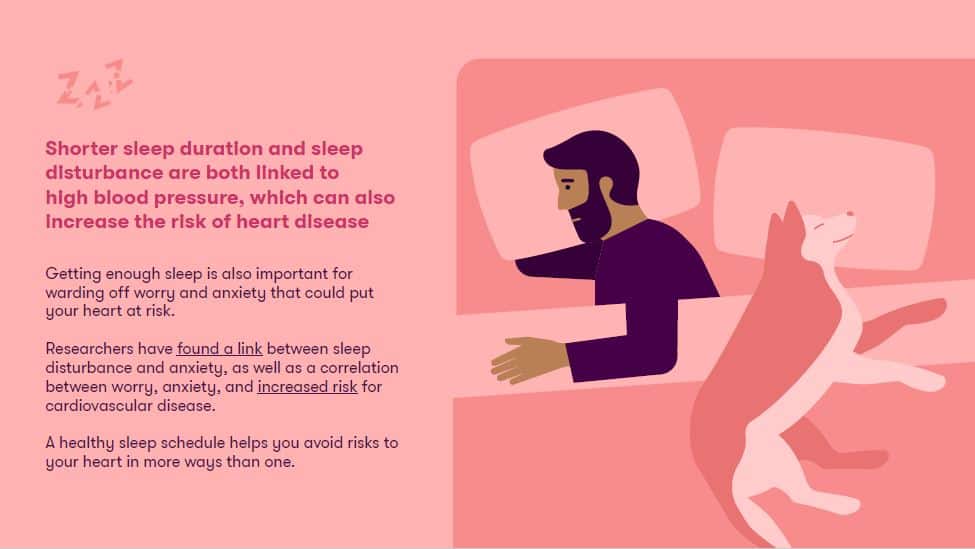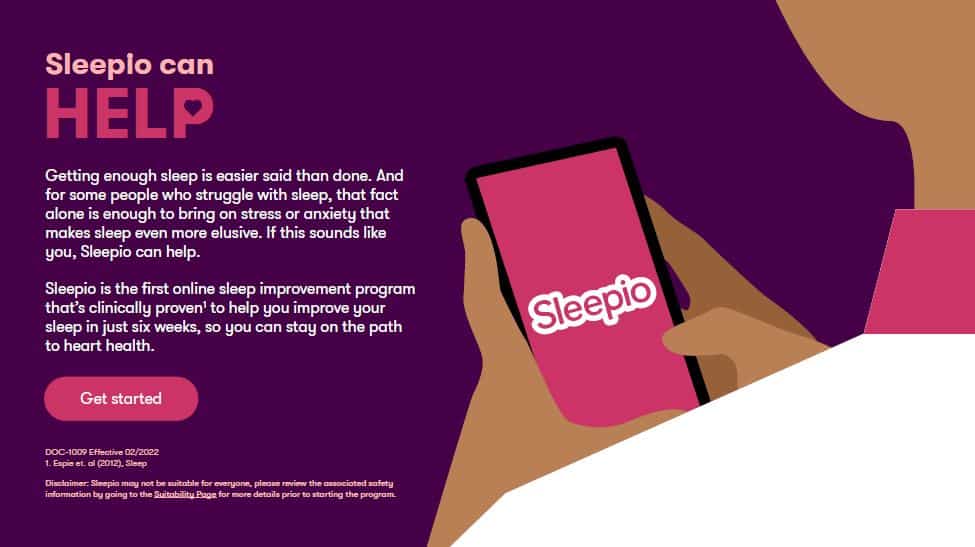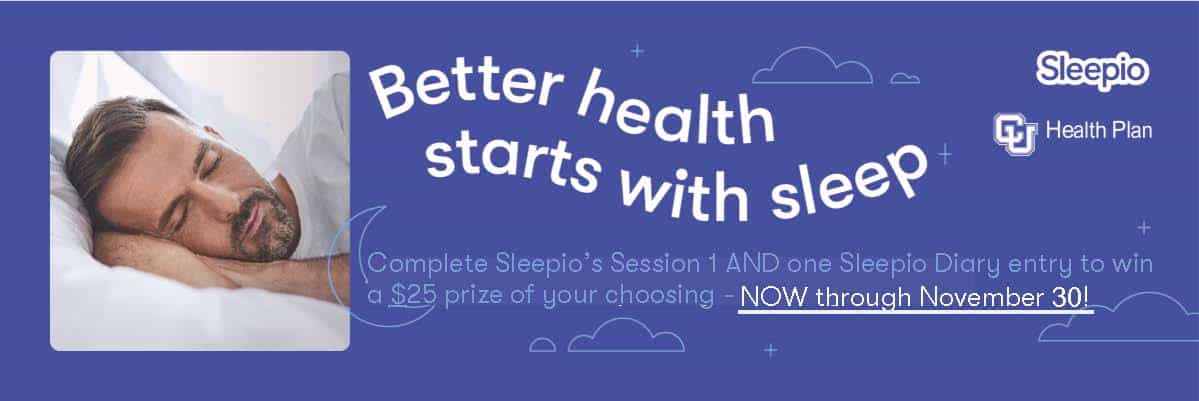News Category: Emotional Wellness
Sleepio: May is mental health awareness month
Introducing Ginger: an emotional wellness resource for Kaiser members

Get the emotional support you need — whenever you need it.
Text with a coach using the Ginger app
We’re collaborating with Ginger to help you cope with some of life’s most common challenges — from stress, grief, and low mood to issues with work, relationships, and sleep. Ginger’s highly trained emotional support coaches are accessible 24/7, so you can get the guidance you need when you need it most.
Kaiser Permanente members can use Ginger for 90 days per year at no cost, no referral needed.1,2,3
What can you do with Ginger?
- Text with your coach on the Ginger app now or schedule a time to connect later.
- Discuss goals, share challenges, and create an action plan with your coach.
- Get personalized, interactive skill-building tools from your coach from a library of more than 200 activities on the app.
- View recaps from each texting session and track your progress.
- Work with your coach to adjust your action plan if needed to better help you reach your goals.
Download Ginger now at kp.org/coachingapps/co
1. The Ginger coaching services described above are not covered under your health plan benefi ts, are not a Medicare-covered benefi t, and are not subject to the terms set forth in your Evidence of Coverage or other plan documents. These services may be discontinued at any time without notice. The coaching services are not available to any members under 18 years old. 2. The coaching services are neither offered nor guaranteed under contract with the FEHB Program, but are made available to enrollees and family members, 18 and older, who become members of Kaiser Permanente. The coaching services are available to members enrolled in the Child Health Plan Plus (CHP+) program who are 18 and older. 3. The coaching services are not available to anyone enrolled in the State of Colorado’s Fee-for-Service Medicaid program and receiving primary care medical provider services from Kaiser Permanente.
Sleepio’s guide to thriving during the spring clock change
This February, let’s focus on the HEART!
Exploring Seasonal Affective Disorder (SAD)
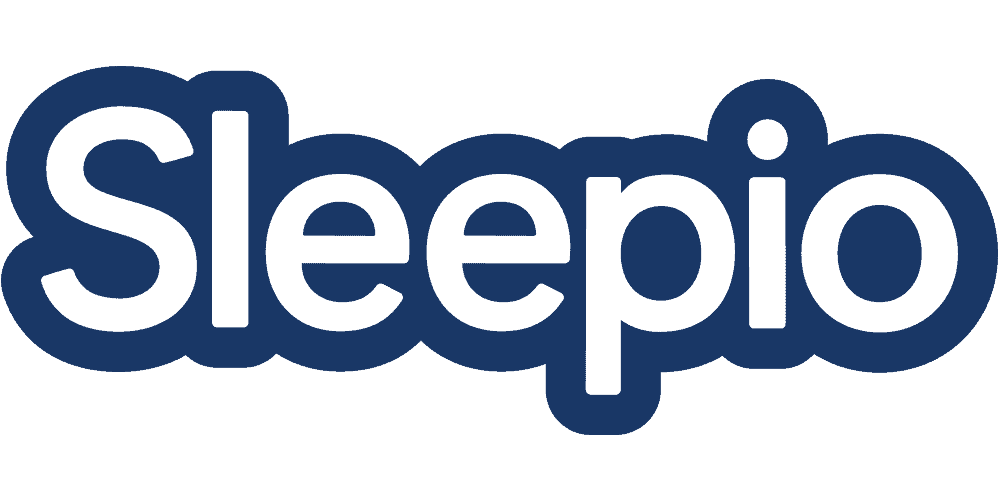
November 2021
Exploring seasonal affective disorder
We’ve all heard of the “winter blues.” A dreary sort of feeling when summer and autumn are over, and you’ve got several months of darker, colder days ahead. While some people love the winter months, others aren’t big fans. In fact, some people struggle with the winter months so severely that they have what’s known as seasonal affective disorder, or SAD. Let’s talk a little about how SAD affects people, and what solutions are out there.
What is seasonal affective disorder?
Seasonal affective disorder (SAD) is a type of depression that affects people during winter months, and subsides during the rest of the year. SAD begins to emerge as the days get shorter and colder, and people get less exposure to sunlight. The symptoms of SAD can range from mild to severe, and include fatigue, low mood, loss of interest and motivation, and trouble sleeping or sleeping too much. Many people who struggle with SAD dread the winter months, as they know it will be a hard time for them and can affect their work and relationships.
While still not fully understood, scientists have found a link between shorter winter days and a biochemical imbalance in the human brain. In some people, the circadian rhythm — the brain’s natural process that regulates sleep and wakefulness — may fall out of step with the day-to-day schedule. Other factors that may be at play are levels of serotonin and melatonin, two chemicals in the brain that affect mood and sleep patterns.
How can seasonal affective disorder be managed?
Because exposure to sunlight is a factor, experts recommend that people with SAD experience as much daylight as possible. Whenever the sun is out, it’s a good idea to try to sit outside or even by a window for a little while. Taking a walk outside is a great option, because it exposes people to sunlight and provides physical activity. Specialized light boxes are also sometimes used to deliver what’s called bright light therapy, which mimics natural outdoor light.
Other ways to prevent and manage SAD include spending time with friends and family, or getting more exposure to one’s community. Volunteering, taking that walk with a neighbor, or even exploring a winter sport can be helpful. Creating a routine or schedule around any of these options can help keep symptoms at bay and give people something to look forward to during dreary winter months. Since SAD is a form of depression, many of the things typically recommended for people struggling with depression tend to be helpful for SAD.
Of course, the symptoms of SAD can be severe. Anyone who is experiencing symptoms that make it hard to cope with everyday life should seek the assistance of a mental health professional.
Get better sleep during winter months
If you find that your sleep gets disrupted during winter months, Sleepio may be able to help. Sleepio is an online sleep improvement program proven to help people overcome the obstacles that are keeping them from healthy sleep in just six weeks. The program uses cognitive behavioral techniques that are backed by decades of clinical research, and has been shown in studies to help people fall asleep 54% faster, spend 62% less time awake at night, and have 45% better functioning the next day. Sleepio is available to you as a CU Health Plan employee for free, and you can get started today.
A digital solution for poor sleep
If you’ve been struggling with sleep, that can impact your mental and physical well-being. CU Health Plan offers a benefit that may be able to help.
Sleepio is an online sleep improvement program proven to help you clear your mind, improve your sleep, and have better days in just six weeks. The program uses cognitive behavioral techniques that are backed by decades of clinical research, and has been shown in studies to help people fall asleep 54% faster, spend 62% less time awake at night, and have 45% better functioning the next day. Try Sleepio today and start sleeping better tonight.
New hotline helps all employees find support for everyday stress or mental illness

In response to a glaring deficit in mental health services in the state of Colorado, the university is offering all employees a new option for quick access to care – The Real Help Hotline at (833) 533-CHAT (2428).
Life is full of stressful events. Pivotal moments like buying a home, having a child or going through a divorce are obvious sources of stress. But day-to-day obligations as seemingly simple as paying the bills can become overwhelming too. Beyond the typical struggles we all face, depression, anxiety, addiction and other, more serious, health problems are prevalent in modern society.
These are all matters of mental wellness.
While we know these issues exist, support and treatment is still hard to find. According to The Denver Post, “The wait to see a psychiatrist in this city [Denver] is about five months long. Colorado has only 15 psychiatrists per 100,000 people, compared with 92 primary-care physicians.”
This deficit led Governor Hickenlooper to take action in 2014 when he launched Colorado’s first statewide mental health crisis line.
While public officials and hospital systems continue to search for solutions, we believe it’s important to implement a plan of our own so that support is immediately available to all faculty and staff. That’s why the CU Health Plan recently launched the Real Help Hotline.
The Real Help Hot Line makes it easy to access professional counselors who can provide immediate crisis counseling or offer assistance finding local resources to anyone facing a problem they can’t seem to solve. The service is free and confidential, available 24 hours a day and open to all employees at organizations that offer CU Health Plans (non-CU Health Plan members included).
The number to call is (833) 533-CHAT (2428).

